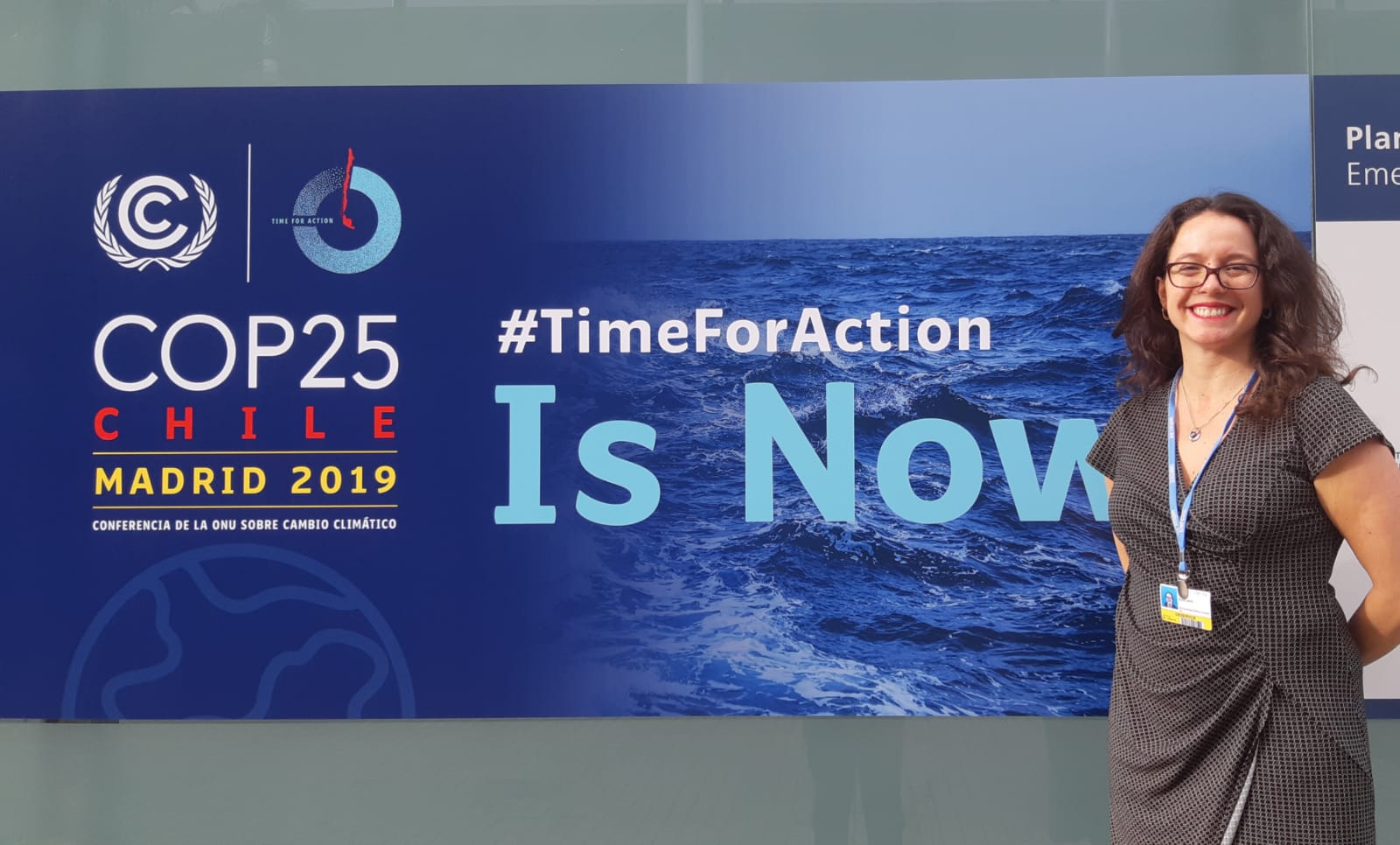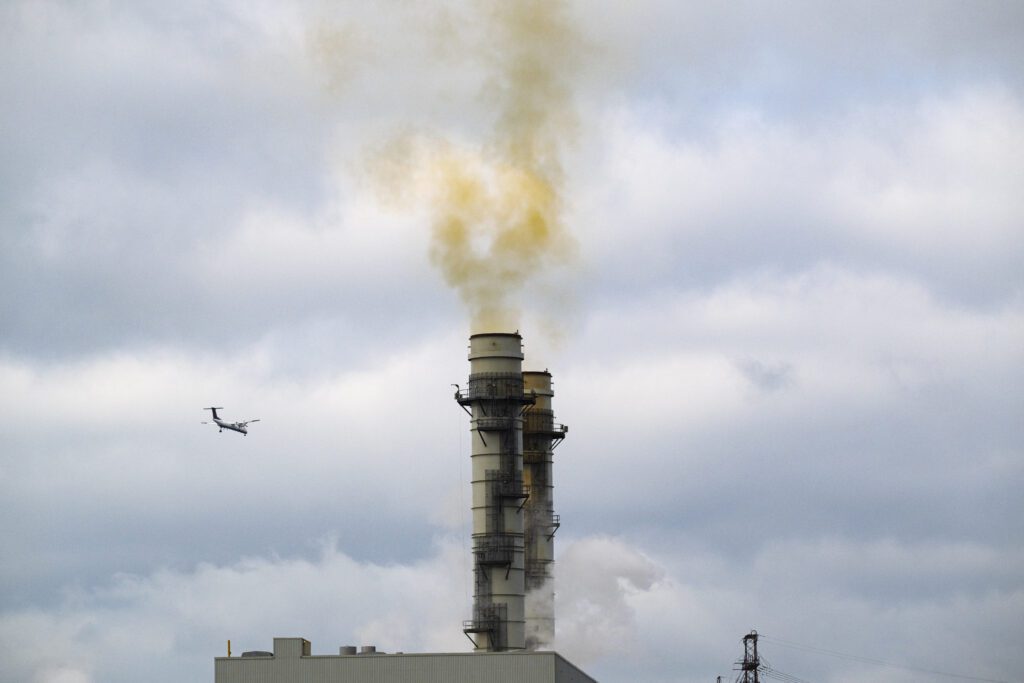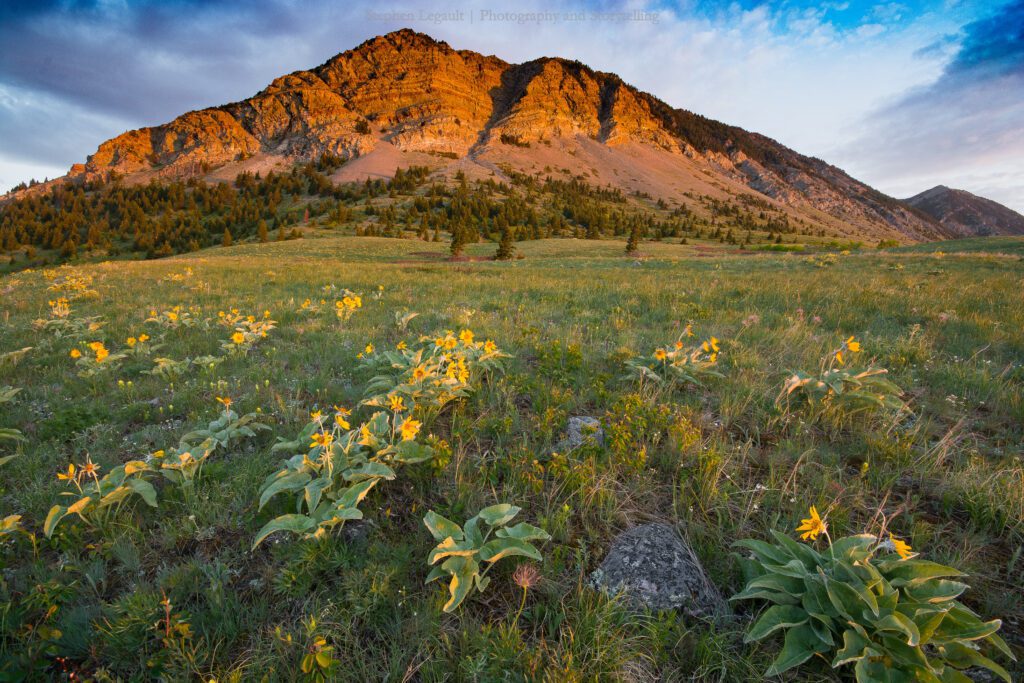As a newbie to the UN climate negotiations, I entered COP25 (the 25 Conference of the Parties) last week bright-eyed and full of hope. I was excited to take a dive into the murky world of UN climate negotiations and witness for myself the inner operations of the Paris Agreement.
The first week has been an illuminating – if not always inspirational – experience. Every COP is important. This year’s COP sets the stage for countries to come up with more ambitious climate targets – what in COP jargon is referred to as “Nationally Determined Contributions” (or NDCs). I started last week off hopeful about the governments around the world hearing the call from the streets, from youth, from Indigenous Peoples and from scientists. The slogan for this year’s COP is Time for Action. I was eager to see that somehow reflected.
I thought countries would engage in meaningful conversations around carbon markets (Article 6 is a key issue this topic) and finance for the loss and damage due to the climate crisis being experienced predominantly by climate vulnerable countries.
Instead, the negotiations – at best – have been slow. Though Canada has been an important champion on ensuring that human rights and Indigenous rights stay in key parts of the text – especially with relation to carbon markets – we’ve been complicit in shrugging off the responsibility of developed countries for the loss and damage that are being experienced by countries vulnerable to climate impacts – whether those be from increasingly severe droughts, floods, storms or rising sea levels which threaten the very existence of these nations.
For many of the key issues that Environmental Defence is following (like the development of strong rules for carbon markets), they have stalled and countries can’t seem to agree on even basic issues. It feels like every time that we have a victory – for example the conversations happening around just transition and economic diversification – we take two steps backwards.
Today however, ministers – including Canada’s newly appointed Minister of Environment and Climate Change, Jonathan Wilkinson – arrive. Maybe they’ll bring the level of ambition we need?
Possible, but unlikely? The words “fossil fuels” don’t even appear in the Paris Accord. A report launched last week here at COP uncovers the oil and gas industry’s plans: over the next five companies are set to invest a further USD 1.4 trillion in new oil and gas extraction projects – pushing us the world beyond 1.5°C of warming and make it impossible to meet our global obligations under the Paris Agreement. 85% of that expansion is happening in Canada and the United States. On the other hand, climate was a key issue this election and Canadians are paying more attention now that ever.
Canada’s current NDC for 2030 is a 30% reduction in greenhouse gas emissions below 2005 levels. We know that’s far from what’s needed. The government committed to increasing this target during the election, and newly appointed Minister Wilkinson reiterated that commitment. Yet so far, we’ve heard nothing concrete. Climate Action Network Canada did the analysis: given that Canada is and has historically been one of the top ten global greenhouse gas emitters, Canada’s fair share target is a 140% reduction from 2005 levels. Obviously we can’t reduce our own emissions by 140% – that breaks up into at least a 60% reduction domestically, with the remaining 80% reduction achieved through support to developing countries.
Canada's fair share to limit global warming to 1.5°C = reducing emissions by at least 140% below 2005 by 2030. At least 60% reduced domestically, the remainder through support to developing countries (includes $4bn USD/year intl climate finance).https://t.co/m5pW6SGnh5#COP25 pic.twitter.com/OzMZTLQXyD
— CAN-Rac Canada (@CANRacCanada) December 2, 2019
What has kept me feeling inspired has been the presence of Indigenous and other frontline leaders at the COP, championing the defense of land, water and their communities. This has included the powerful actions being led by Indigenous Climate Action against the expansion of the tar sands, including calling on the government to reject the proposed Frontier Mine in the tar sands; the work being done to remember and hold the memories of the 138 land and water defenders killed just this year and a series of actions organized by the Global Campaign to Demand Climate Justice.








